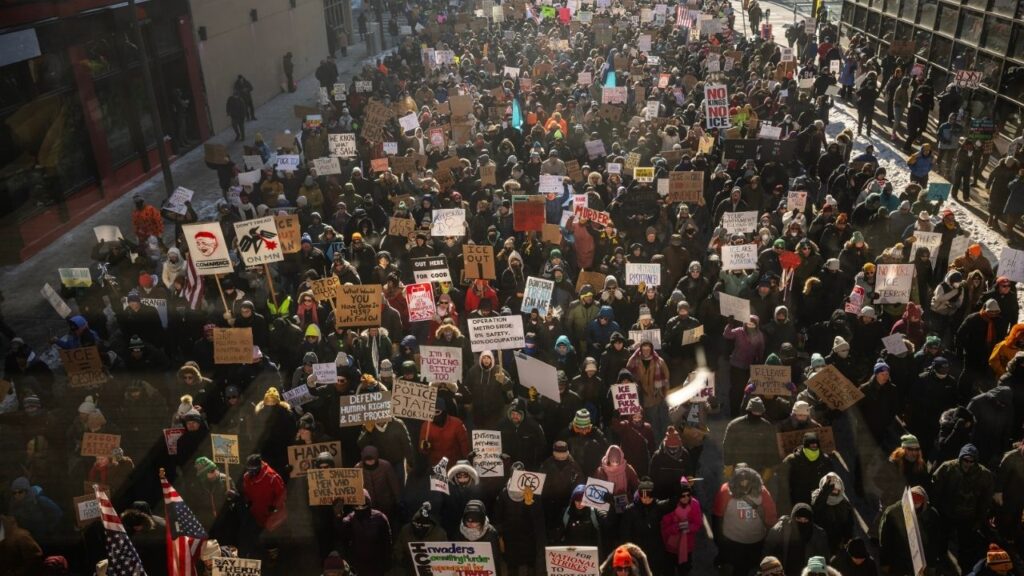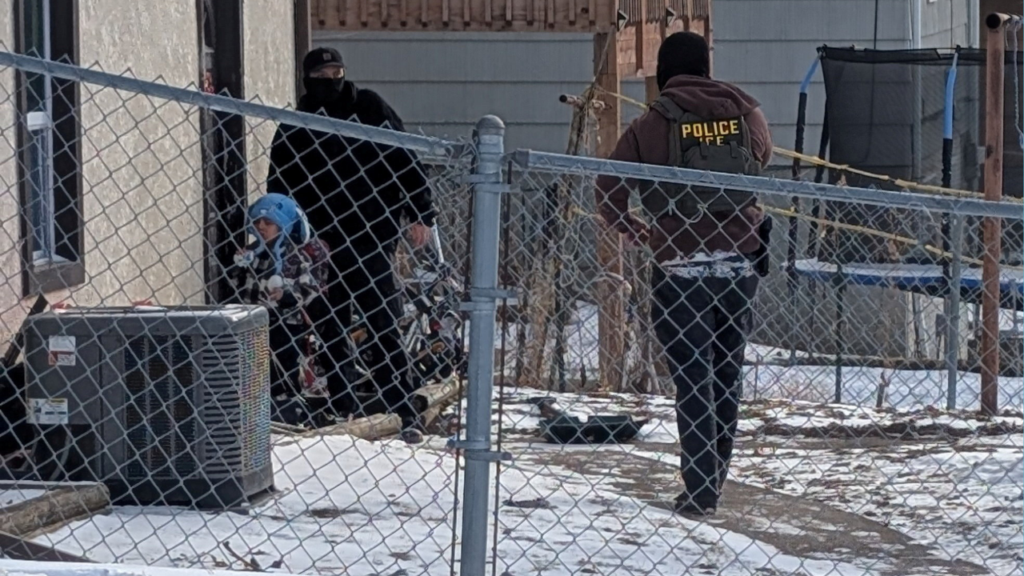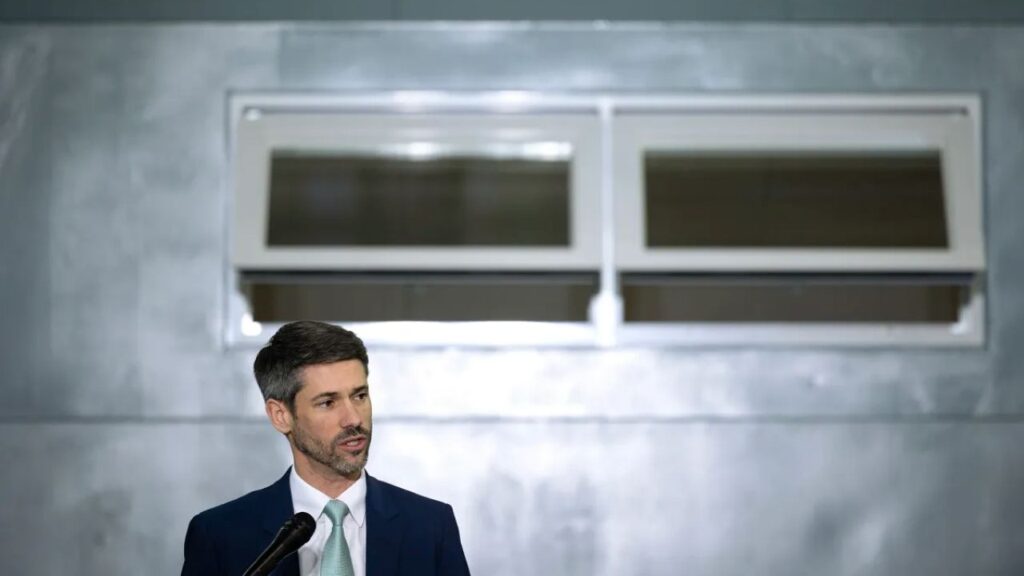Share
SB 1383, the California law that mandates residents put their organic food waste into the green waste bin, is already in effect.
However, Fresno and most cities are applying for extensions so residents won’t be subject to fines until 2024.
Families in homes should be able to adapt to the new state law because they already have a green bin container to throw their food waste into.
However, it begs the question: What are people who live in apartments supposed to do?
“Most apartment complexes do not have green waste bins, most apartments hire landscaping companies that will take the green waste with them that they then dispose of,” said Georgeanne White, assistant city manager for Fresno.
How Can Apartment Complexes Implement Composting?
Almost all apartment units in the city share large receptacle containers. Residents throw their recyclables into one bin and trash bound for landfill in another. Meanwhile, the organic waste is picked up by a landscaping company.
“How on earth is it all going to work?” asks White. At this point, the answers aren’t clear.
“Every step of this needs education,” said White.
While the new law might not seem ideal for those living in small tight spaces, composting in apartments is possible.
Composting facilities could accept drop-offs from individuals with compostable materials, or apartment complex owners could agree to a contract with haulers for picking up compost bins.
Apartment dwellers can purchase commercially available bins to place inside their kitchen under the sink, or outside on a patio.
CalRecycle recommends keeping containers in the freezer until they are emptied. This will reduce weird odors and attracting pests.
However, there are concerns that Fresno’s hot summers could attract the wrong critters and cause food to decompose quickly because not everyone has enough room in the freezer for food waste.

Valley Compost Facility Equipped To Handle New Law
Mid Valley Disposal is among the local facilities that turn food and green waste into organic nutrient-rich materials used for gardening and agriculture.
The facility provides trash, recycling, and organics services to single-family residents, apartment complexes, and commercial businesses across Fresno, Madera, Kings, Merced, and Tulare counties.
In discussing the best alternatives for those living in apartment complexes, Billie Miller, the company’s recycling program specialist, recommended a higher frequency of service.
That could mean more than once a week pick-ups so that material doesn’t stay out in the sun and locking containers so that they don’t attract any foul odors or pests.
“At Mid Valley Disposal we have a team of recycling coordinator staff ready to work with each individual property to navigate these issues and concerns,” said Miller. “More often than not, an increase in service days and proper management of food scraps on the production end can prevent any critter or smell issues.”
According to Miller, the company is also preparing to have countertop collection containers available to help residents collect food scraps in their kitchens and make them easy to transport to their outdoor organics collection container.
City’s Next Steps
Before further discussion of how all this will work, White says the city council will have to amend the city’s ordinance while they file an extension request with CalRecycle.
Normally, in the past when cities have had to comply with state mandates and new laws, the state will usually provide funding or grants that cities can apply for to offset some of the cost.
This time, however, the state has provided no funding, says White.
White thinks apartment complexes might have to build an on-site composting area or landlords could provide all renters with a small composting bin to keep inside and dispose of at a nearby organics waste facility. But she wouldn’t venture a guess on how much it would all cost and who would end up paying for it.
California Will Need Extra Funding To Enforce SB 1383
The mandate aims to cut the amount of trash entering California landfills by 75%.
A 1989 law required local governments and regional trash management agencies to hit a 50% drop by 2000, a goal which Fresno achieved, White says.
Fresno currently diverts 51% of waste from going into landfills.
However, according to Scientific American, new facilities are needed to comply with this new state law — anaerobic digestion plants that turn methane into energy and plants that turn food waste into compost.
Facilities like Mid Valley Disposal already turn food waste into compost, but they don’t offer anaerobic digestion options to turn some of that green waste into renewable energy.
Miller says the company has been closely following the technology behind the anaerobic digesting process and the addition of an anaerobic digesting facility could be an option down the line.
According to a report by the Institute for Local Government, recycling facilities can apply for grants to help fund the building of anaerobic facilities.
Currently, there are few anaerobic digestion plants in the state. It is believed that California needs at least 160 plants at a total cost of $4 billion to $7 billion to build.



















